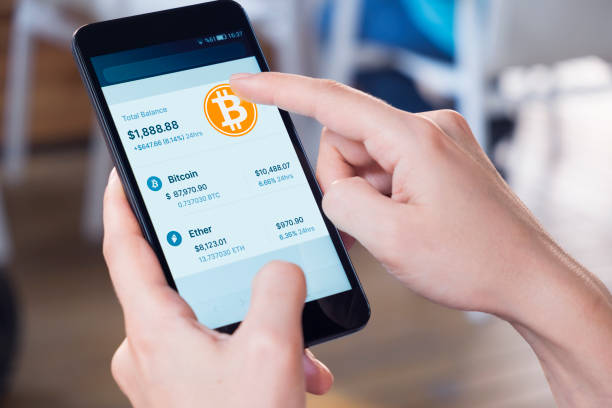cryptocurrency wallets play a pivotal role in safeguarding your valuable assets. These wallets, designed specifically for storing, sending, and receiving digital currencies, offer security features that are crucial in protecting against potential cyber threats. Understanding the types, functionalities, and security measures associated with these wallets is essential for every crypto investor.
Types of Cryptocurrency Wallets
Cryptocurrency wallets come in various forms, each with its unique features catering to different user preferences and security needs.
- Hardware Wallets: These physical devices are considered one of the most secure options. They store private keys offline, making them immune to online hacking attempts. Popular hardware wallets include Ledger Nano S, Trezor, and KeepKey.
- Software Wallets: Available as desktop, mobile, or online applications, software wallets offer convenience. However, they may pose higher security risks compared to hardware wallets due to their connection to the internet. Examples include Exodus, Atomic Wallet, and Trust Wallet.
- Paper Wallets: As a form of cold storage, paper wallets involve printing private keys or QR codes on paper. They are offline and hence immune to online hacking but require careful handling to prevent physical damage or loss.
- Online Wallets (Hot Wallets): These wallets operate on the cloud and are accessible via web browsers or mobile apps. They offer convenience but are vulnerable to hacking attempts. Examples include Coinbase, Binance, and Kraken wallets.
Security Measures for Cryptocurrency Wallets
Ensuring the security of your digital assets involves implementing stringent measures:
- Strong Passwords and Encryption: Create complex passwords and enable encryption to protect access to your wallet.
- Two-Factor Authentication (2FA): Use 2FA to add an extra layer of security. This typically involves a code sent to your phone or email for verification.
- Backup and Recovery: Always back up your wallet’s private keys or recovery phrases. Store these in a secure, offline location to avoid loss.
- Regular Updates and Security Patches: Keep your wallet software up to date with the latest security patches to prevent vulnerabilities.
Conclusion
Cryptocurrency wallets are the guardians of your digital wealth. Choosing the right type of wallet and implementing robust security measures is imperative in safeguarding your assets against cyber threats. Whether it’s the fortification of hardware wallets or the convenience of software wallets, prioritizing security should be the cornerstone of every crypto investor’s strategy.

